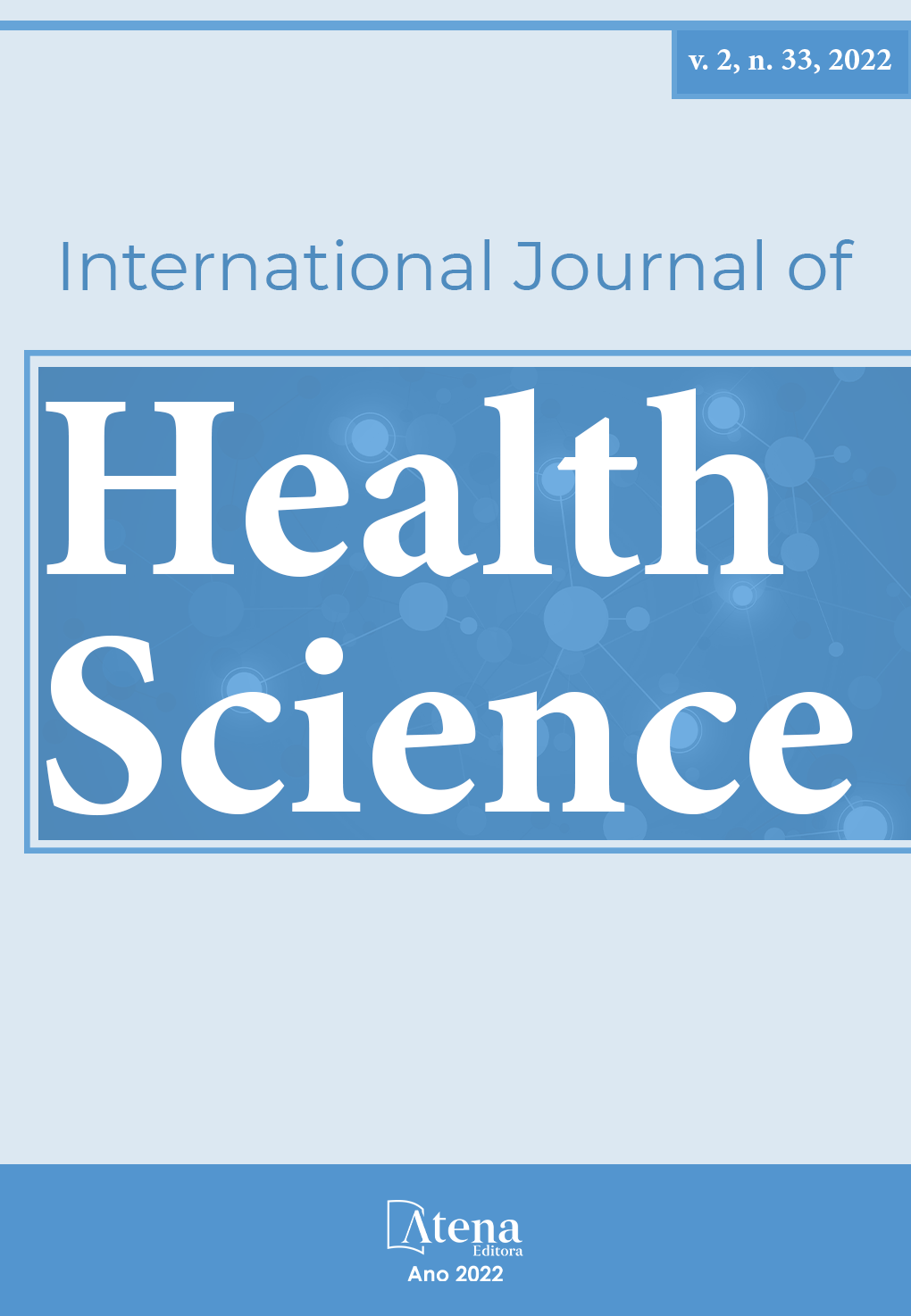
VIOLENCE IN INTIMACY RELATIONSHIPS IN YOUNG PEOPLE: RESEARCH-ACTION IN THE INITIAL TRAINING OF NURSES
Undergraduate training in Nursing requires an analysis of teaching-learning strategies and processes in the relationship between theory and practice in clinical teaching. Violence in young people's intimate relationships is a sensitive issue for Nursing care, and peer education can produce moments of cooperative training among students. Action research and project methodology promote intervention in Community Nursing for vulnerable groups and the acquisition of skills in Nursing students.
To reflect on the teaching-learning process in Nursing training in Clinical Teaching to Vulnerable Groups, in the last three years, in a community context and using the project methodology, where attitudes related to violence in the intimate relationships of young people are measured in a certain population, and hence, targeting the decision-making process in an action-research context, a typology of interventions and outcomes in peer education interventions is described.
A reflection on action research, project methodology and peer education in the training of Nursing students was elaborated. The analysis of the data obtained in the different editions of clinical teaching was carried out and the clinical teaching reports were analyzed to extract the interventions carried out in the face of the phenomenon under study.
There is a legitimation of violence in the intimate relationships of young people that justifies a structured and continuous intervention in the target population. Intervention strategies were diversified and adapted to the young population, making peer education tangible in the training of young people in the specific protection of violence in intimate relationships.
Teaching-learning has to bring theory and practice closer. Research and intervention in Community Nursing can be supported by the use of research-action strategies, peer education and by integrating intervention projects focusing on the worrying legitimation of violence in the intimate relationships of young people.
VIOLENCE IN INTIMACY RELATIONSHIPS IN YOUNG PEOPLE: RESEARCH-ACTION IN THE INITIAL TRAINING OF NURSES
-
DOI: 10.22533/at.ed.1592332230066
-
Palavras-chave: Violence between Intimate Partners; Peer Influence; Nursing Education
-
Keywords: Violence between Intimate Partners; Peer Influence; Nursing Education
-
Abstract:
Undergraduate training in Nursing requires an analysis of teaching-learning strategies and processes in the relationship between theory and practice in clinical teaching. Violence in young people's intimate relationships is a sensitive issue for Nursing care, and peer education can produce moments of cooperative training among students. Action research and project methodology promote intervention in Community Nursing for vulnerable groups and the acquisition of skills in Nursing students.
To reflect on the teaching-learning process in Nursing training in Clinical Teaching to Vulnerable Groups, in the last three years, in a community context and using the project methodology, where attitudes related to violence in the intimate relationships of young people are measured in a certain population, and hence, targeting the decision-making process in an action-research context, a typology of interventions and outcomes in peer education interventions is described.
A reflection on action research, project methodology and peer education in the training of Nursing students was elaborated. The analysis of the data obtained in the different editions of clinical teaching was carried out and the clinical teaching reports were analyzed to extract the interventions carried out in the face of the phenomenon under study.
There is a legitimation of violence in the intimate relationships of young people that justifies a structured and continuous intervention in the target population. Intervention strategies were diversified and adapted to the young population, making peer education tangible in the training of young people in the specific protection of violence in intimate relationships.
Teaching-learning has to bring theory and practice closer. Research and intervention in Community Nursing can be supported by the use of research-action strategies, peer education and by integrating intervention projects focusing on the worrying legitimation of violence in the intimate relationships of young people.
-
Número de páginas: 14
- Ana Margarida Marcos
- Hélia Maria Soares
- Luís Carlos do Rego Furtado
- Luís Miguel Salvador Machado Gomes
- Timothy Francisco Lima
- Alexandre Marques Rodrigues


